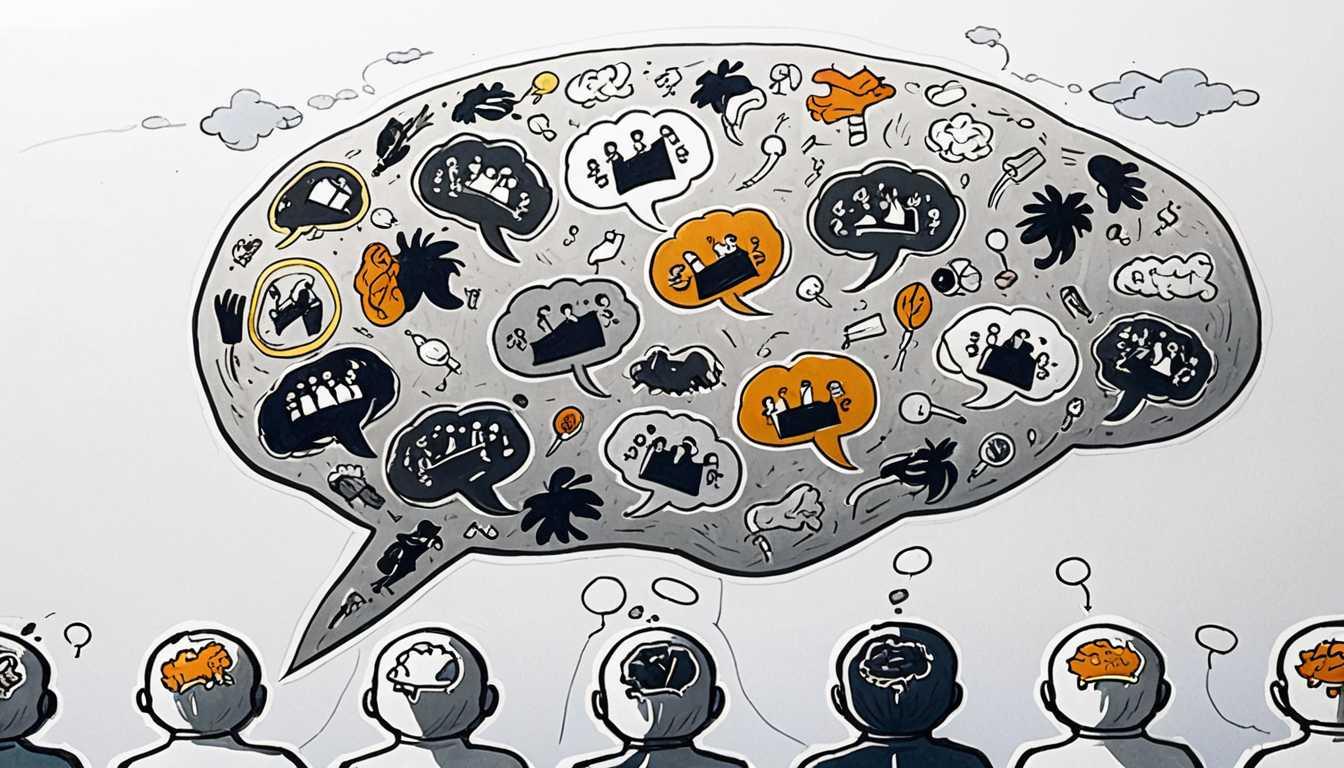Lost in Translation: Google's Global Filter
July 2024
Harvard Gazette
Introduction
Hey there, ever wondered if your Google search results are the same as someone on the other side of the world? Dive into the Harvard Gazette article revealing how where you live can influence what you find online! Get ready for a mind-bending exploration of language bias in search algorithms.
READ FULL ARTICLEWhy It Matters
Discover how this topic shapes your world and future
Unpacking the Puzzle of Search Engine Language Bias
Understanding how search engines work is super important, especially in our globalized world. Have you ever wondered why searching the same word in different languages gives you completely different results? That’s because of something called language bias. This bias can shape how we view complex topics like Buddhism and liberalism, affecting our understanding and conversations with others. If a student in China sees a negative view of liberalism while a student in France sees only positive aspects, they may struggle to have a meaningful discussion about it. This isn’t just a tech issue, it has real-world implications for how cultures interact and understand each other. By learning about this bias, you can become a more informed internet user and foster better communication across cultures.
Speak like a Scholar
Language Bias
A tendency for information to be presented in a way that favors one language or culture over others, influencing how topics are understood.
Algorithm
A set of rules or instructions that a computer follows to solve a problem or perform a task, like ranking search results.
Cultural Roots
The historical and social background that shapes a language and its expressions, making some concepts unique to specific cultures.
Neoliberalism
An economic philosophy that emphasizes free markets, privatization, and minimal government intervention, often seen differently depending on the cultural perspective.
Global Perspective
An understanding of how various cultures and nations view issues differently, emphasizing the importance of considering multiple viewpoints.
Communication Mediator
A tool or platform that helps facilitate discussions and understanding between people from different backgrounds.
Independent Research Ideas
The Impact of Language Bias in Education
Investigate how language bias in online resources affects students' learning and understanding of global issues. This research is interesting because it highlights how access to information can shape future generations' perspectives.
Cultural Variations in Religious Interpretations
Study how different cultures interpret a single religion, like Buddhism, based on language and regional history. This could reveal fascinating insights into how beliefs evolve and adapt.
The Role of AI in Shaping Public Opinion
Explore how algorithms in AI platforms like ChatGPT influence societal views on political topics. This can lead to discussions about the responsibility of tech companies in shaping public discourse.
Comparative Analysis of Economic Policies
Research how different cultures respond to economic theories like neoliberalism. This could uncover hidden biases in economic education and policy-making around the world.
Bridging Language Gaps in Technology
Investigate the effectiveness of translation tools in minimizing language bias in online searches. This is particularly engaging as it combines technology with linguistic studies to promote better global communication.
Related Articles

AI: Cybersecurity's New Superhero
May 2023
MIT Technology Review

AI Safety: Lessons from Nuclear
June 2023
MIT Technology Review

AI Skills: Your Salary's Superpower
October 2023
University of Oxford

Logic: The AI Bias Buster
March 2023
Massachusetts Institute of Technology (MIT)

Empathetic AI: Transforming Decision-Making Together
June 2024
LSE Business Review